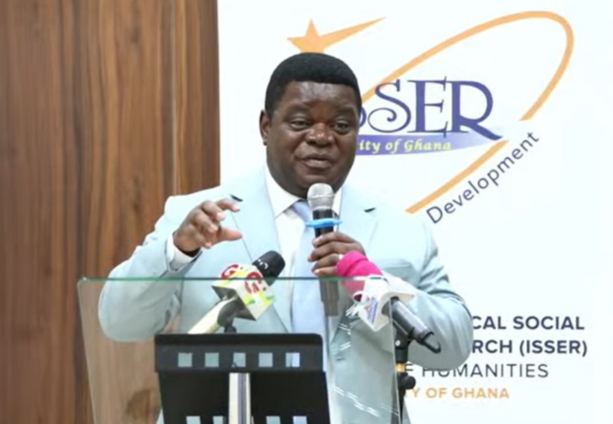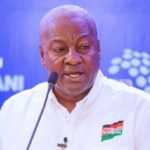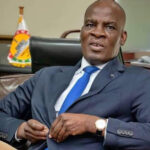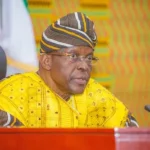Prof. Petr Quartey of the Institute of Statistical, Social and Economic Research, (ISSER), has urged the government to revisit its decision to bear the fees of first-year students in public universities.
He acknowledged that while the decision is in fulfilment of a campaign promise made by the present administration, it may not be the most pressing challenge facing Ghana’s education.
The government is allocating GHȼ499,915 to fulfil the key campaign promise, but Prof. Quartey says the decision requires a review.
“What about students in private universities?” he asked. “Many of such private university students are from less privileged homes but are forced into private universities due to grades or limited public slots. Shouldn’t support be extended to such needy students in private institutions too?”
He also pointed to poor conditions in basic schools, citing instances of pupils sitting on blocks or lying on floors to write.
“Before paying fees for everyone, shouldn’t we invest in improving basic education infrastructure?” he questioned.
Accommodation challenges in universities were also cited as a concern. “Every year, only about 20% of students secure accommodation on campus. Is it efficient to pay fees for students who have no place to stay?”
The analyst called for a review of the free Senior High School (SHS) policy and other social interventions, stressing the need for sustainability and proper targeting.
procurement to eliminate partisanship, saying there is too much politicisation in the programme.
He described disturbing reports of students being fed with little to no protein, urging reforms to ensure children receive proper nutrition.
Prof. Peter Quartey stressed the importance of leveraging ICT to enhance revenue mobilisation and welcomed the reintroduction of road tolls, saying “It’s a laudable idea, but let’s invest in infrastructure first to avoid congestion.”
Ghana’s economic growth is projected to slow to 3.8% in 2025, down from earlier forecasts of 4%, raising fresh concerns about the country’s recovery prospects.
Industrial growth is also expected to fall sharply from 7.1% to 3.3%, despite the five tax reliefs and policy interventions aimed at stabilising the exchange rate and stimulating the economy.







